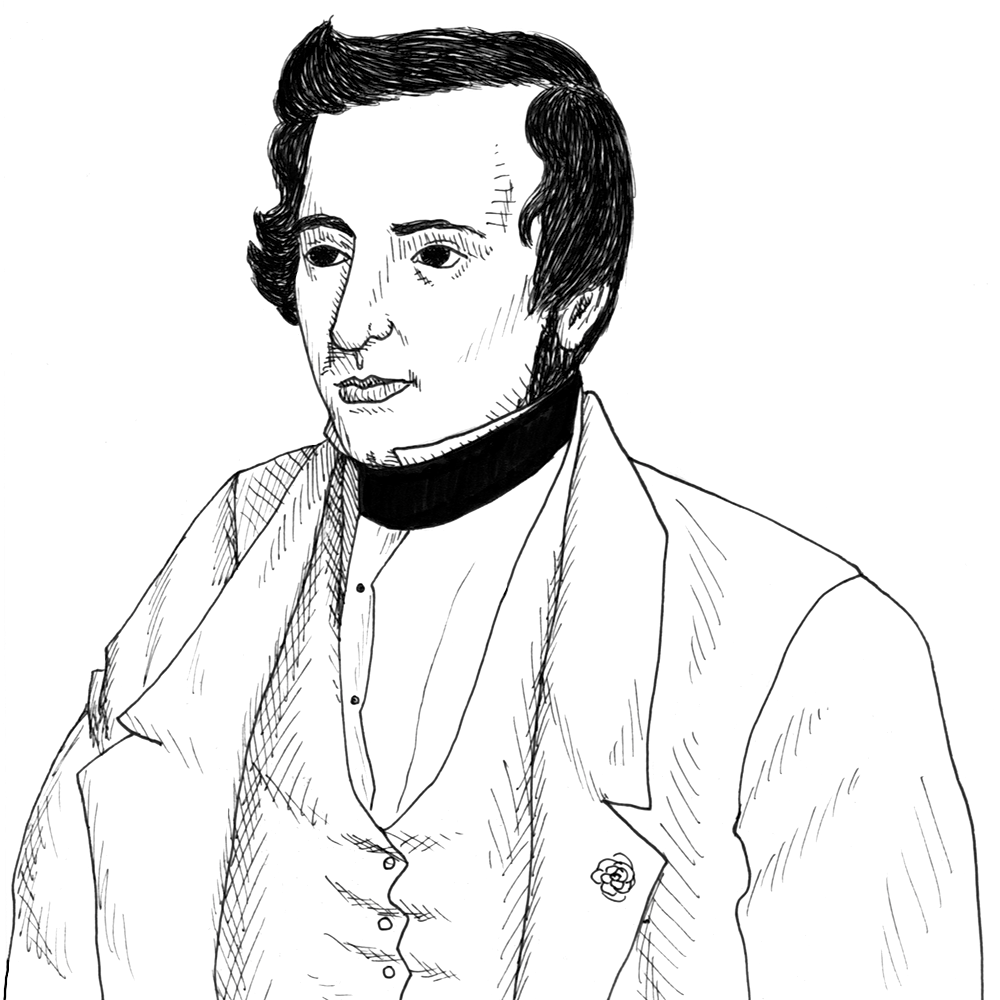
Augustin Thierry laments that the steady growth of liberty in France had been disrupted by the cataclysm of the French Revolution (1859)
Found in: The Formation and Progress of the Tiers État, or Third Estate in France vol. 1
The 19th century French liberal historian Augustin Thierry, in his History of the Third Estate, saw the French Revolution as a rupture in French history which interrupted the steady growth of liberty:
Politics & Liberty
One circumstance, which especially struck me, is, that during the space of six centuries, from the twelfth to the eighteenth, the history of the Tiers Etat and that of the royal power are indissolubly bound together in such a manner that, in the eyes of him who really understands them, one is, to use the expression, the counterpart of the other. From the accession of Louis le Gros to the death of Louis XIV., each decisive epoch in the progress of the different classes of the roture in liberty, prosperity, enlightenment, and social importance, corresponds, in the series of the reigns, to the name of some great king or of some great minister. The eighteenth century alone shows an exception to this law of our national development; it introduced distrust, and prepared a fatal divorce between the Tiers Etat and the Crown. At the point at which a last step, the guarantee and crowning point of all the others, would naturally have completed civil, and founded political liberty by the establishment of a new constitution, the necessary agreement was wanting in the conditions of a Government at once free and monarchical. The work of the Constituent Assembly of 1791, badly put together, crumbled to pieces almost immediately, and the monarchy was destroyed.